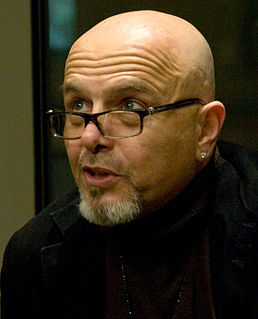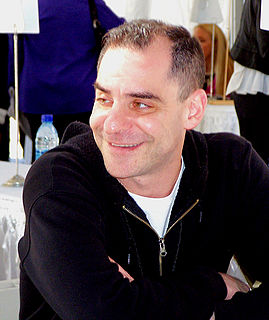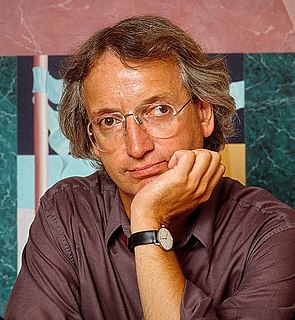A Quote by James Howard Kunstler
The ideas of [ Le Corbusier ] that actually found their way into practice were deeply destructive - for instance, the tower-in-a-park, which mutated into the vertical slums of the late 20th century.
Related Quotes
I was really interested in 20th century communalism and alternative communities, the boom of communes in the 60s and 70s. That led me back to the 19th century. I was shocked to find what I would describe as far more utopian ideas in the 19th century than in the 20th century. Not only were the ideas so extreme, but surprising people were adopting them.
D-Day represents the greatest achievement of the american people and system in the 20th century. It was the pivot point of the 20th century. It was the day on which the decision was made as to who was going to rule in this world in the second half of the 20th century. Is it going to be Nazism, is it going to be communism, or are the democracies going to prevail?
If psychoanalysis was late 19th century secular Judaism’s way of finding spiritual meaning in a post-religious world, and retail is the late 20th century’s way of finding spiritual meaning in a post-religious world, what does it mean that I’m impersonating the father of psychoanalysis in a store window to commemorate a religious holiday?
Upward mobility across classes peaked in the U.S. in the late 19th century. Most of the gains of the 20th century were achieved en masse; it wasn't so much a phenomenon of great numbers of people rising from one class to the next as it was standards of living rising sharply for all classes. You didn't have to be exceptional to rise.



































